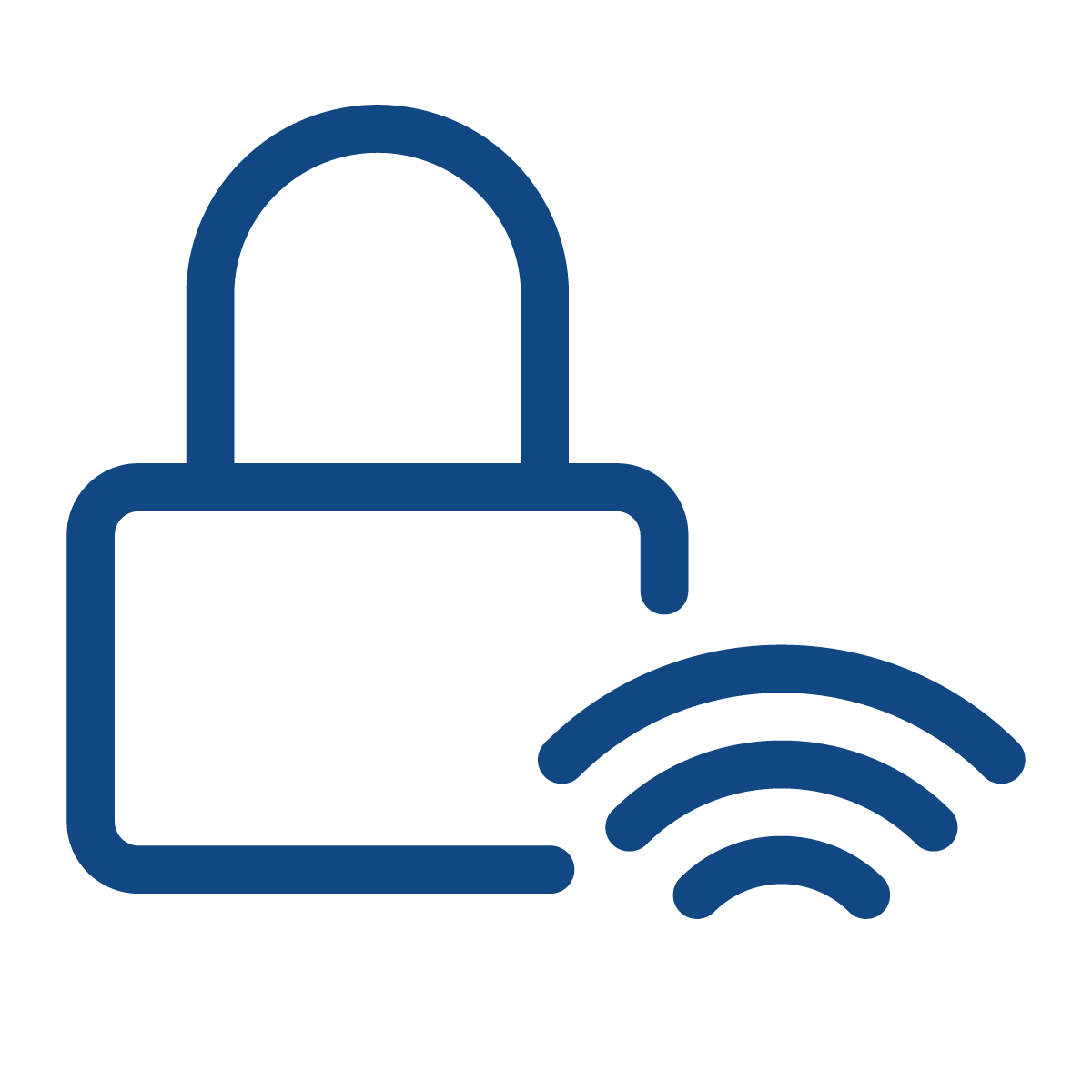Remote Learning Guide
The Remote Learning Guide is a document students can use to assist in their transition to the virtual learning environment.
TOOLS
Having reliable equipment and connectivity is one of the keys to success in a virtual learning environment.
- Find a location where you have a good internet connection. Whether you’re in a virtual session or doing other online assignments, a good connection is essential.
- If you have great tools (e.g., a webcam, speakers, microphone), wonderful! However, a functioning laptop with a camera or a smart phone can work, too. Ear buds and headsets help block out background noise. Please note that Chromebooks don’t work well with some of the math tools.
- Alert your instructor if you have any issues that will impact attending scheduled class sessions or completing work on time. Always let them know ahead of time, if you can.
- Contact the Aggie Helpdesk with any technology-related concerns at helpdesk@ncat.edu or 336-334-7195
 WORKING ENVIRONMENT
WORKING ENVIRONMENT
You need a good space to work in. A dedicated workspace helps you to focus.
- Ask yourself what kind of environment helps you study and see if you can recreate that at home. Maybe it’s just a sofa, a special chair, a spot outdoors, or any other quiet spot that is out of the way of other distractions.
- Although virtual learning can be done almost anywhere, try to ensure that your workspace is consistent with your style of learning. You don’t have to spend all of your time in front of your computer to complete your class work.
- Try your best to eliminate distractions and limit other electronics when you are studying. Background music can be helpful for some.
- When you do sit down to work, make sure you have everything that you need to begin working: pens, paper, calculator, books, internet access, etc.
- If you always study better in groups, try a virtual or even phone-based study session with your group. It is also good to keep in touch with your classmates. Remember, you are all facing some of the same challenges.
- Do try to avoid high-traffic areas when talking to classmates or studying as there might be excessive noise that can distract and disrupt your learning.
 A SCHEDULE
A SCHEDULE
It is very important to maintain a structured schedule.
-
If you thrive on tight timelines but now have a more open schedule, think about arranging virtual study times with others.
- Set up specific times to study and build a schedule to remind you of your study times. For example, use a planner or smart phone calendar to block out hours that will be devoted to your classes, study time, and meetings with your professors and study groups.
- When time is tight, see if you can even do fifteen minutes at a time.
- Typically, it is wise to set aside at least 6-8 hours per class per week (beyond the virtual Zoom or Collaborate sessions) for reading, responding to online discussions and completing other assignments. Online learning can take up more of your time than face-to-face learning. Don’t forget to schedule time for yourself—to exercise, relax and regroup.
- Keep track of assignments, quizzes, exams and other due dates in your phone or in a planner.
- Log in on time to your Zoom or Collaborate class sessions and check your Blackboard site often (daily, if possible), so you can be informed about any new announcements, added materials or due dates.
- If you have group projects, make sure you keep to the scheduled times to work with your group members. Be mindful of others’ time, too. Try not to procrastinate. That group project may be out-of-sight, out-of-mind if you aren’t seeing each other regularly but resist the urge to put it off. Get started early, work together frequently and stay in touch.
- Check on your classmates and group members if they have been absent from your group meetings or chats. Ask them directly if they are still able to participate in the project. If you aren’t getting responses within a day or two, inform your instructor. Know it isn’t being petty; it’s your team’s responsibility.
 NETIQUETTE
NETIQUETTE
Use good manners online!
-
When communicating online in email or on Blackboard, be aware of how you might come across to faculty, staff and other students.
- Always start your emails with a greeting, or use the name of the person you are addressing. Address your professors with their title (i.e. Dr. Smith or Professor Smith). Try to use full sentences, and check for grammar and spelling errors before sending your message. You should also avoid using all caps, as it is considered screaming or shouting.
- Check your online discussions frequently, respond appropriately and stay on topic!
- Focus on one subject per message or discussion posting so others can respond accordingly.
- Please allow 24–48 hours for a response from faculty and staff, and remember that normal operating hours are 8 a.m.–5 p.m., Monday–Friday, unless otherwise noted. Outside of Zoom or Collaborate sessions, try not to expect your professors to be available at the same time that you are online doing other assignments. They have busy lives, too!
- Reserve personal communication for office hours or email with your professor and not in the virtual classroom.
 AGGIE ACCESS
AGGIE ACCESS
Aggie Access is your portal for secure, online services for the University. By using your Aggie OneID, you are able to find your advisor, register and drop classes, view your transcript, check your balances, and more.
 ACADEMIC INTEGRITY
ACADEMIC INTEGRITY
North Carolina Agricultural and Technical State University is committed to academic integrity and honesty for all students. Examples of Academic Dishonesty can be found in the
N.C. A&T Student Handbook.



